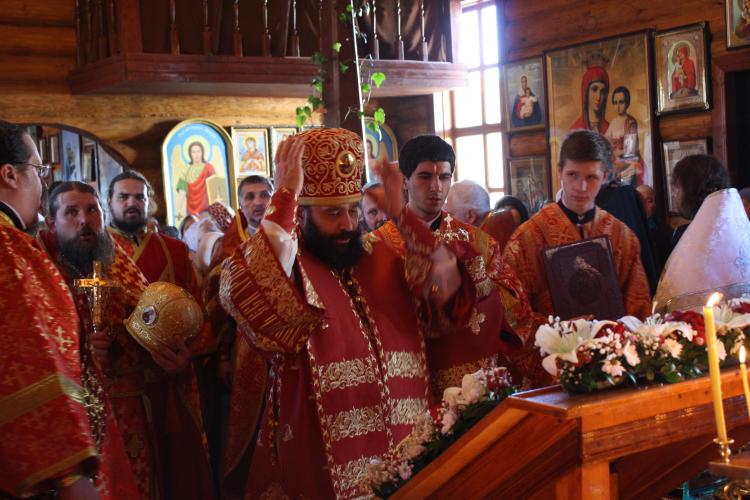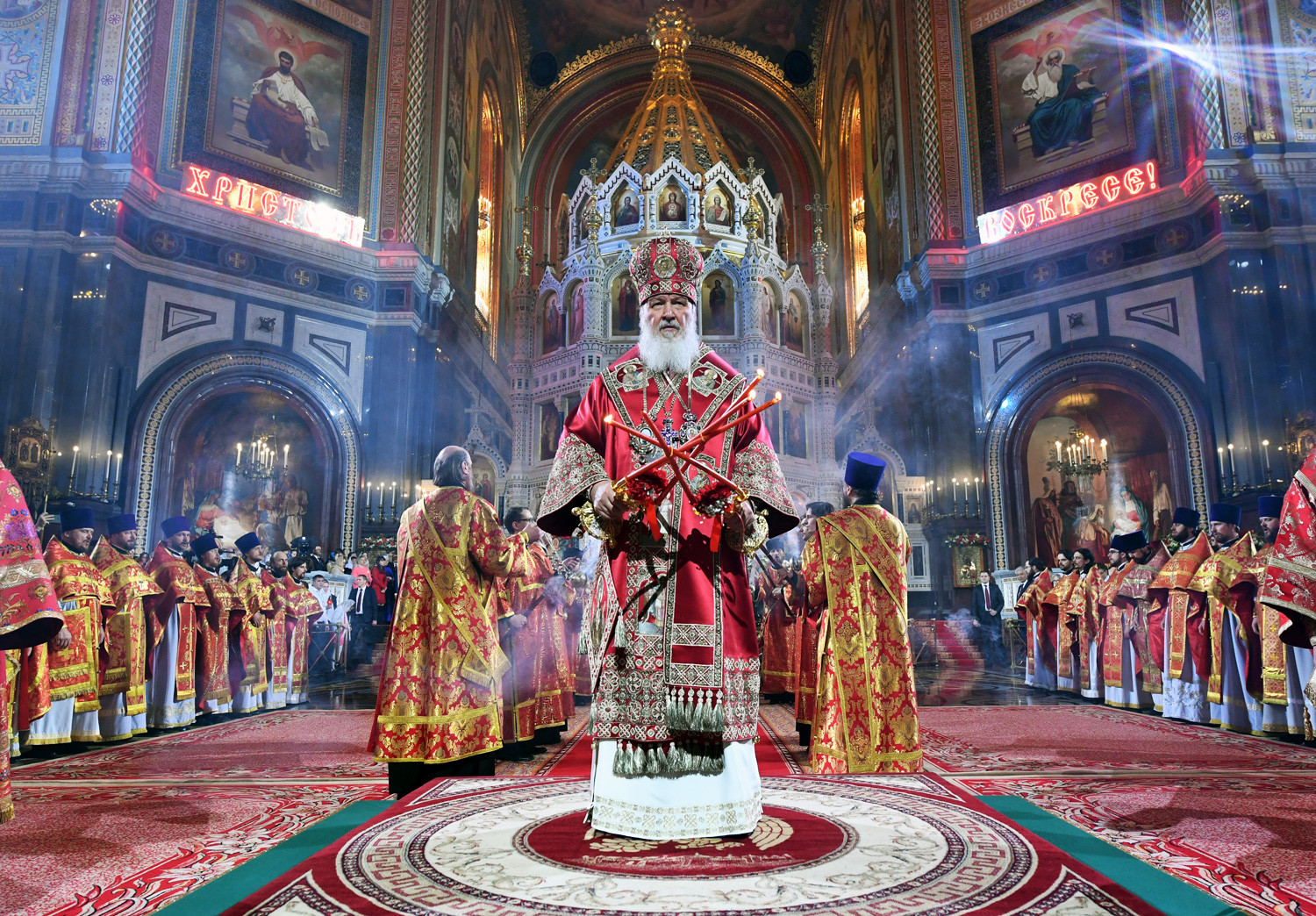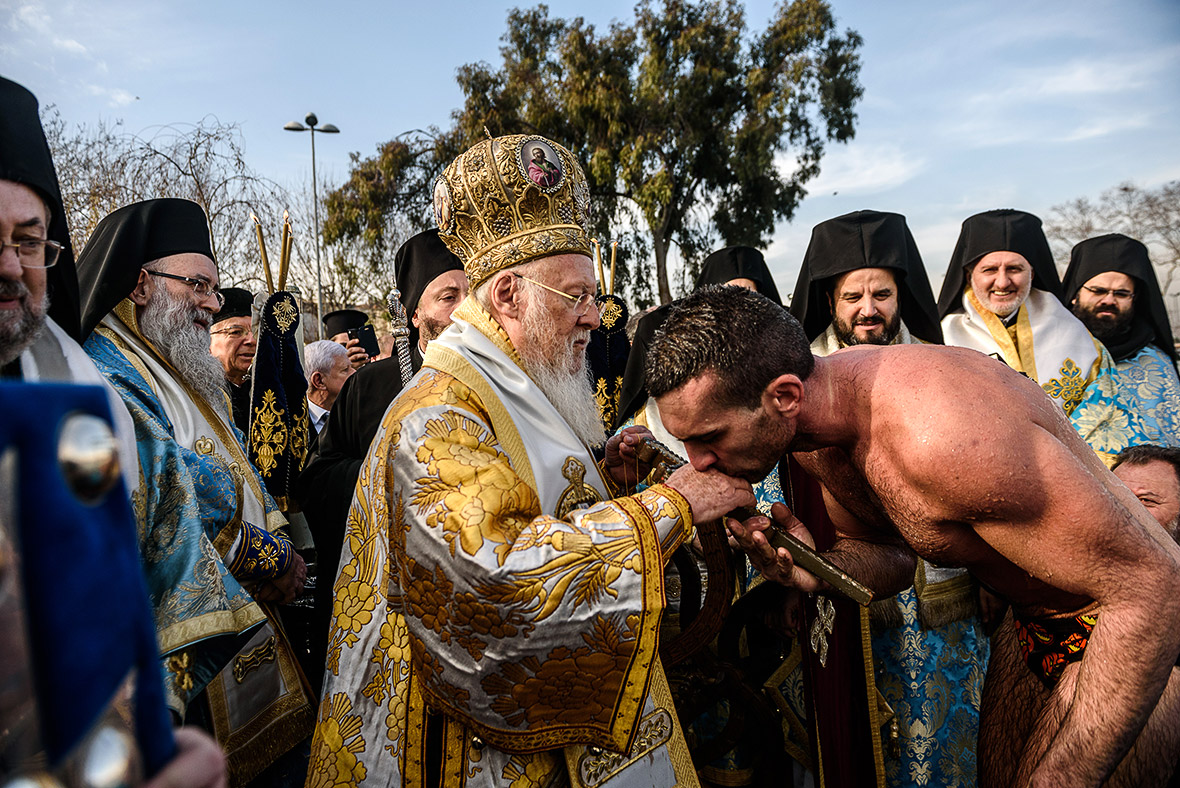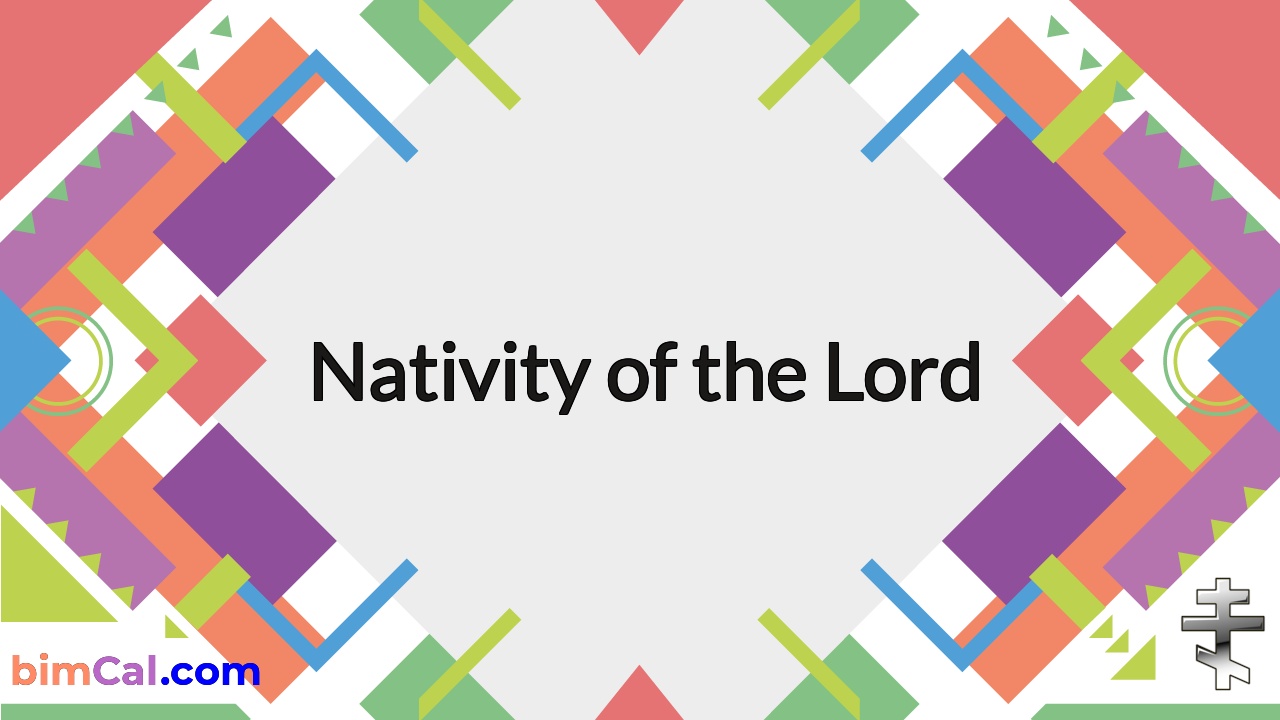11, Mar 2024
Eastern Orthodox Christmas 2025: A Celebration Of Faith, Tradition, And Unity
Eastern Orthodox Christmas 2025: A Celebration of Faith, Tradition, and Unity
Related Articles: Eastern Orthodox Christmas 2025: A Celebration of Faith, Tradition, and Unity
- Wiki Winter Olympics 2030
- SEA Games 2025: Unveiling The Bold And Inspiring Logo
- Days Until January 1, 2025: A Countdown To A New Era
- US Fashion Trends 2025: A Glimpse Into The Future Of Style
- 2025 Kia K4: A Compact Sedan Redefined
Introduction
With enthusiasm, let’s navigate through the intriguing topic related to Eastern Orthodox Christmas 2025: A Celebration of Faith, Tradition, and Unity. Let’s weave interesting information and offer fresh perspectives to the readers.
Table of Content
- 1 Related Articles: Eastern Orthodox Christmas 2025: A Celebration of Faith, Tradition, and Unity
- 2 Introduction
- 3 Video about Eastern Orthodox Christmas 2025: A Celebration of Faith, Tradition, and Unity
- 4 Eastern Orthodox Christmas 2025: A Celebration of Faith, Tradition, and Unity
- 4.1 Advent and Fasting
- 4.2 Christmas Eve
- 4.3 Christmas Day
- 4.4 Traditional Customs and Celebrations
- 4.5 The Significance of Eastern Orthodox Christmas
- 4.6 Conclusion
- 5 Closure
Video about Eastern Orthodox Christmas 2025: A Celebration of Faith, Tradition, and Unity
Eastern Orthodox Christmas 2025: A Celebration of Faith, Tradition, and Unity

The Eastern Orthodox Church, a communion of autocephalous churches that share the same doctrinal beliefs and liturgical practices, celebrates Christmas on January 7th, twelve days after the Western Christian tradition. This difference in date stems from the use of the Julian calendar by the Eastern Orthodox Church, which is thirteen days behind the Gregorian calendar used by most of the world.
The Eastern Orthodox Christmas celebration is a time of great joy and spiritual significance, marked by a series of traditions and rituals that have been passed down through centuries.
Advent and Fasting
In preparation for Christmas, Eastern Orthodox Christians observe a period of fasting known as the Nativity Fast. This fast, which begins on November 15th and lasts until Christmas Eve, is a time of spiritual reflection and purification. During this period, believers abstain from meat, dairy products, and other animal products. The fast is intended to prepare the body and soul for the celebration of Christ’s birth.
Christmas Eve
Christmas Eve, known as "Paramony," is a day of great anticipation and preparation. Believers attend a special evening service at their local church, where they hear readings from the Old Testament and the Gospels that tell the story of Christ’s birth. After the service, families gather at home for a festive meal known as the "Holy Supper." This meal is typically meatless and includes traditional dishes such as kutia (a wheat berry porridge), fish, and vegetables.
Christmas Day
On Christmas Day, Eastern Orthodox Christians attend a special Divine Liturgy, which is the main liturgical service of the church. The Liturgy includes readings from the Gospels, prayers, and the Eucharist, or Holy Communion. After the Liturgy, families and friends gather for a festive meal and exchange gifts.
Traditional Customs and Celebrations
In addition to the liturgical services and fasting, Eastern Orthodox Christmas is also marked by a number of traditional customs and celebrations.
Carols and Hymns: Christmas carols and hymns are an integral part of the Eastern Orthodox Christmas celebration. These songs, which often tell the story of Christ’s birth, are sung in churches, homes, and public spaces throughout the Christmas season.
Christmas Trees: Christmas trees are a popular tradition in Eastern Orthodox countries, although their use is not as widespread as in Western Christian cultures. The trees are typically decorated with ornaments, lights, and a star at the top, symbolizing the Star of Bethlehem.
Gift Giving: Gift giving is a common practice on Eastern Orthodox Christmas. Gifts are typically exchanged between family members and friends, and they often include religious items, such as icons or books, as well as practical items.
The Significance of Eastern Orthodox Christmas
Eastern Orthodox Christmas is more than just a celebration of the birth of Jesus Christ. It is a time for believers to reflect on the mystery of the Incarnation, the union of God and humanity in the person of Jesus Christ. It is also a time for Christians to come together in unity and fellowship, to share in the joy of Christ’s birth and to celebrate the hope that it brings to the world.
Conclusion
Eastern Orthodox Christmas 2025 will be a special time for Eastern Orthodox Christians around the world. It will be a time to celebrate the birth of Christ, to reflect on the mystery of the Incarnation, and to come together in unity and fellowship. As we prepare for this joyous occasion, let us remember the true meaning of Christmas and the hope that it brings to all who believe.








Closure
Thus, we hope this article has provided valuable insights into Eastern Orthodox Christmas 2025: A Celebration of Faith, Tradition, and Unity. We thank you for taking the time to read this article. See you in our next article!
- 0
- By admin